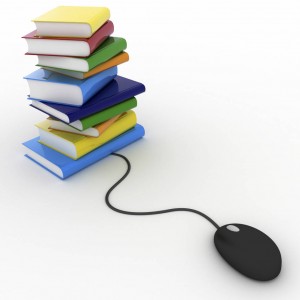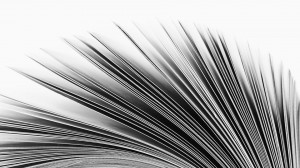Taking TEI Further: Teaching with TEI
Brown University, August 21-23, 2013
Application deadline: June 5, 2013
**Travel funding is available of up to $500 per participant, up to $1000 for graduate student participants.**
As digital humanities increasingly gains profile in traditional humanities departments, teaching (with) text encoding is becoming of greater interest in graduate and even undergraduate teaching. For faculty with TEI projects of their own, or with a strong research interest in the TEI, the challenge is to design a digital humanities syllabus that is rigorously and usefully digital, and yet still focused on humanities content. To what extent can text encoding be a useful pedagogical instrument, and what kinds of concepts does it help to teach? What kinds of practical infrastructure and prior preparation are needed to support a course of this type? What broader critical ideas in digital humanities and in traditional humanities domains would form a strong context? How can we effectively assess student work of this kind? In this seminar, participants will each work on a course of their own, with opportunities for the group to workshop each syllabus and discuss the course narrative and design.
These seminars are part of a series funded by the NEH and conducted by the Brown University Women Writers Project. They are aimed at people who are already involved in a text encoding project or are in the process of planning one, and are intended to provide a more in-depth look at specific challenges in using TEI data effectively. Each event will include a mix of presentations, discussion, case studies using participants’ projects, hands-on practice, and individual consultation. The seminars will be strongly project-based: participants will present their projects to the group, discuss specific challenges and solutions, develop encoding specifications and documentation, and create sample materials (such as syllabi, docmentation, etc., as appropriate to the event). We encourage project teams and collaborative groups to apply, although individuals are also welcome. A basic knowledge of the TEI Guidelines and some prior experience with text encoding will be assumed.
To apply, please visit
http://www.wwp.brown.edu/outreach/seminars/neh_advanced_application.html





